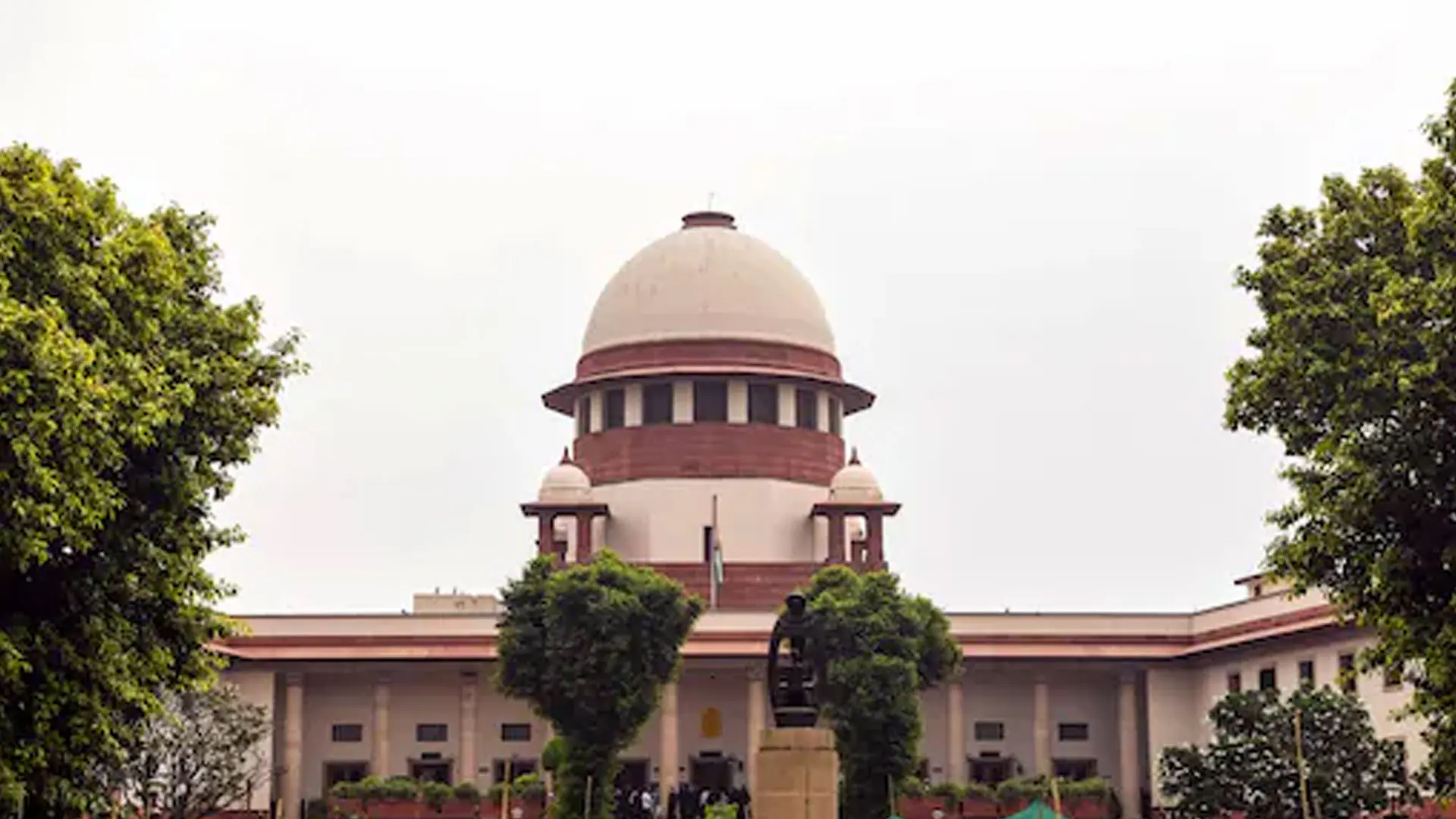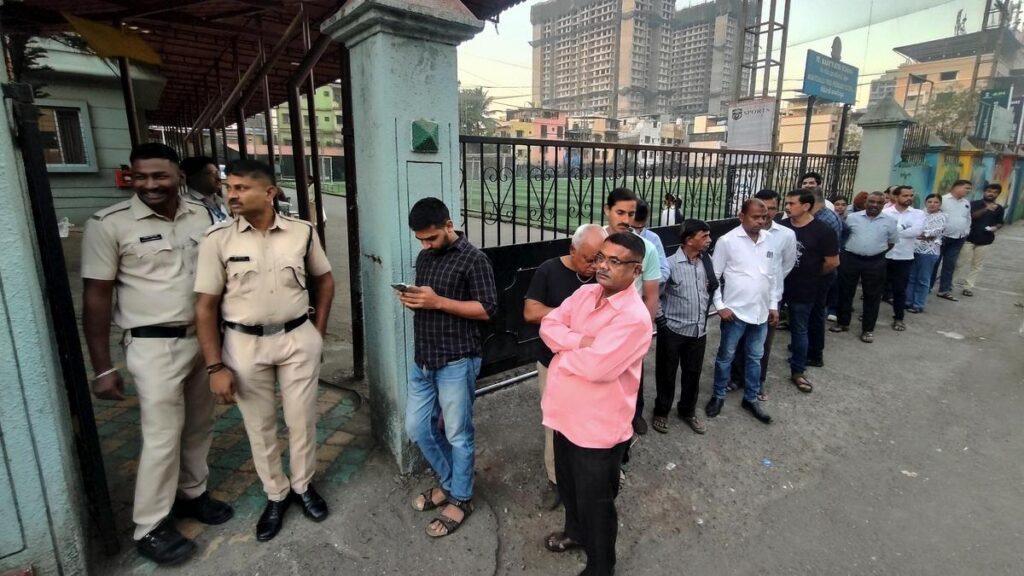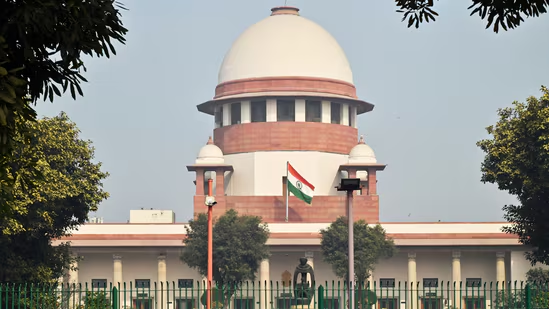Now Reading: Supreme Court Halts Key Provisions of Waqf Amendment Act
-
01
Supreme Court Halts Key Provisions of Waqf Amendment Act
Supreme Court Halts Key Provisions of Waqf Amendment Act

On September 15, 2025, the Supreme Court of India issued a partial stay on the Waqf (Amendment) Act, 2025, temporarily suspending three significant provisions. Notably, the clause requiring individuals to have practiced Islam for five consecutive years before establishing a Waqf (religious or charitable endowment) was put on hold until the formulation of specific rules to determine such practice. The Court emphasized the need for clarity in these provisions, highlighting their potential impact on religious and constitutional rights.
Key Provisions Affected
The suspended provisions include:
Five-Year Practice Clause: Individuals must demonstrate five years of continuous Islamic practice to create a Waqf.
Appointment of Non-Muslim CEOs: The Act permits the appointment of non-Muslims as Chief Executive Officers of Waqf Boards.
Third-Party Rights on Disputed Properties: The Act allows Waqf Boards to create third-party rights on properties under dispute without prior court approval.
Court’s Rationale
The Supreme Court’s decision reflects a cautious approach, balancing the presumption of constitutionality of parliamentary laws with the need to protect fundamental rights. While the Court refrained from staying the entire Act, it recognized that certain provisions require further scrutiny to ensure they align with constitutional guarantees, particularly concerning religious freedoms.
Implications for Tier-2 Cities
In Tier-2 cities, where Waqf properties often serve as community centers, educational institutions, and charitable organizations, the Court’s intervention underscores the importance of transparent and inclusive governance. The suspension of these provisions may prompt local authorities to reassess the administration and utilization of Waqf assets, ensuring they serve the intended purposes without infringing on individual rights.
Conclusion
The Supreme Court’s partial stay on the Waqf Amendment Act signifies a pivotal moment in the ongoing dialogue between legislative intent and constitutional safeguards. As the matter progresses, it will be crucial to monitor how these developments influence the management of Waqf properties and the broader discourse on religious rights and administrative reforms in India.

























